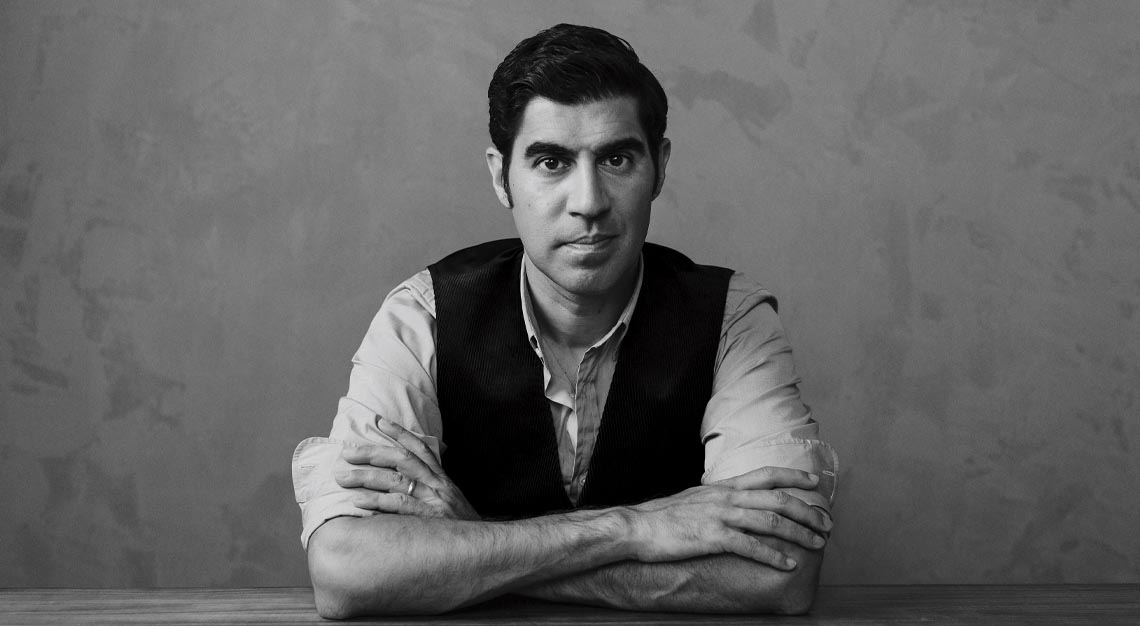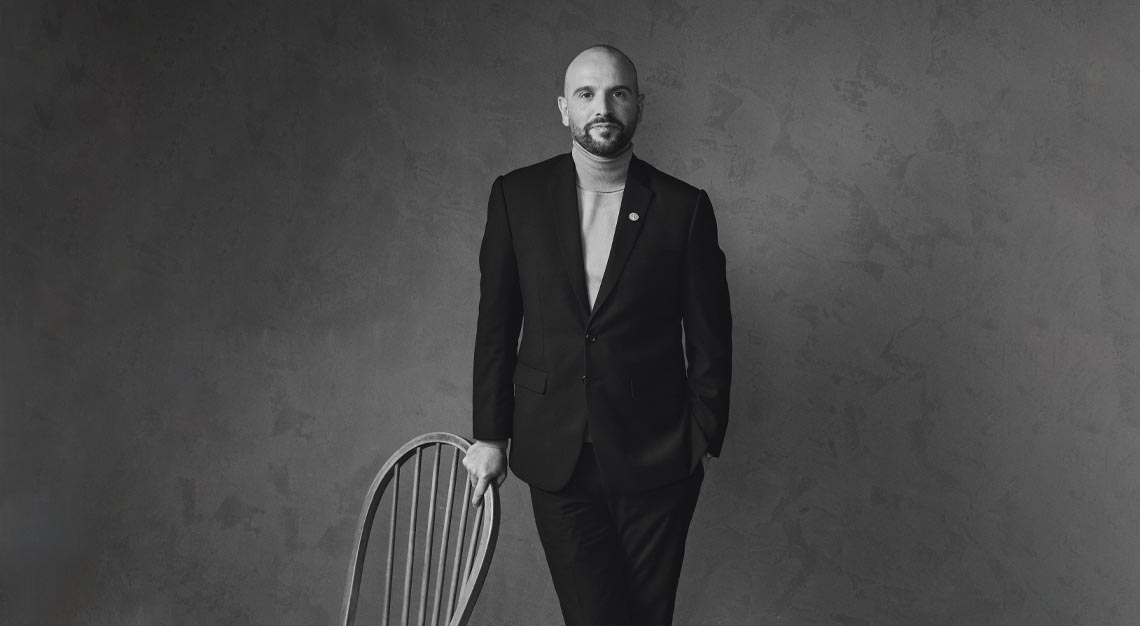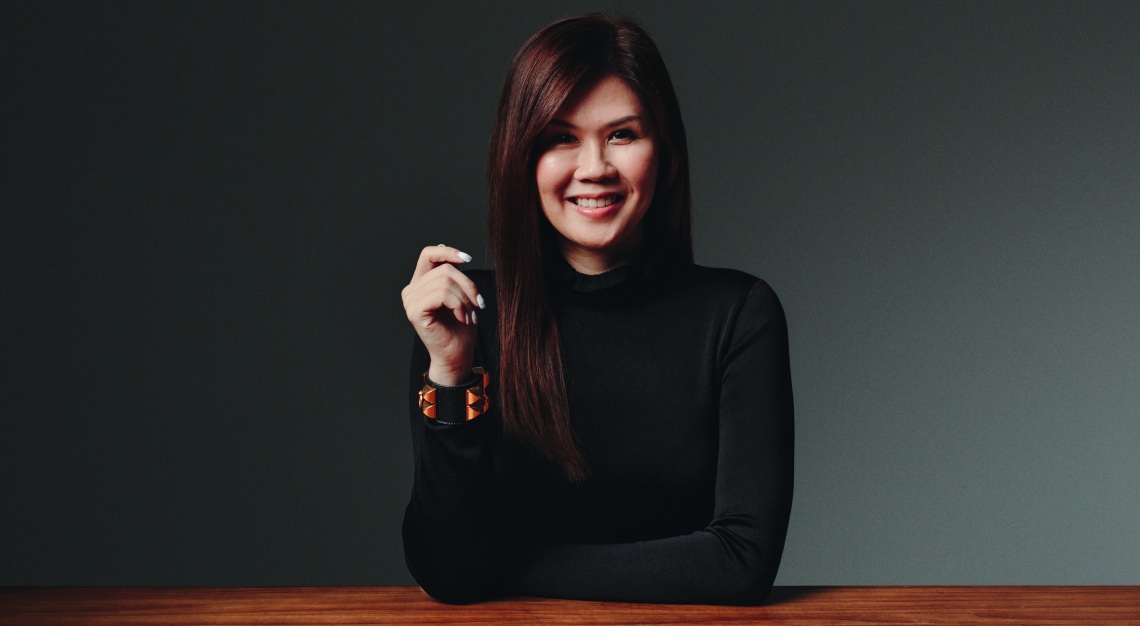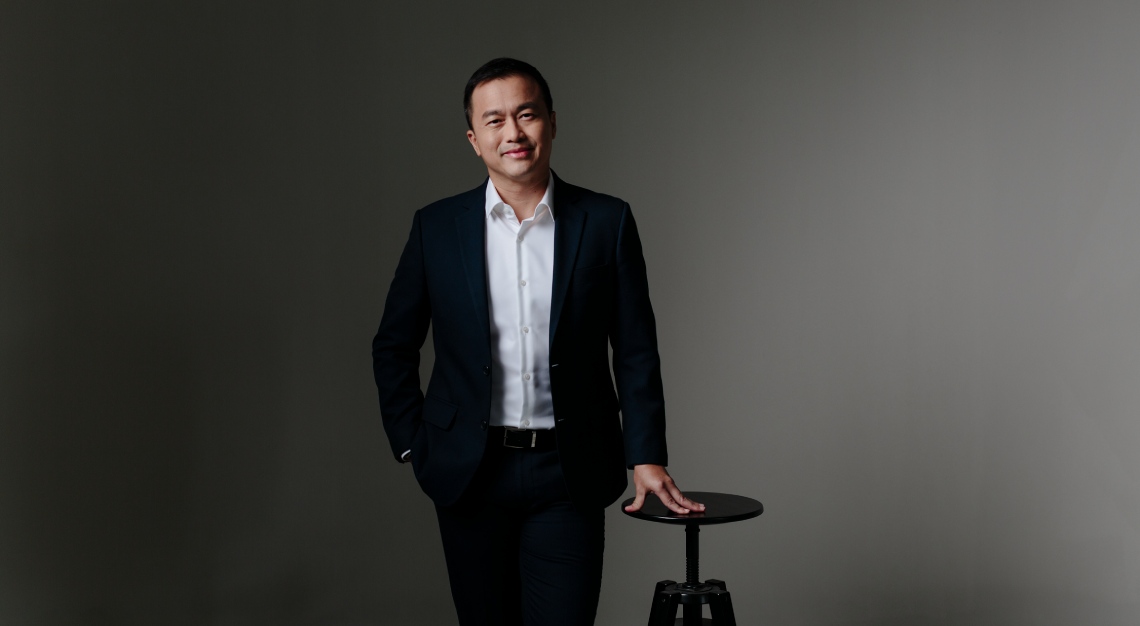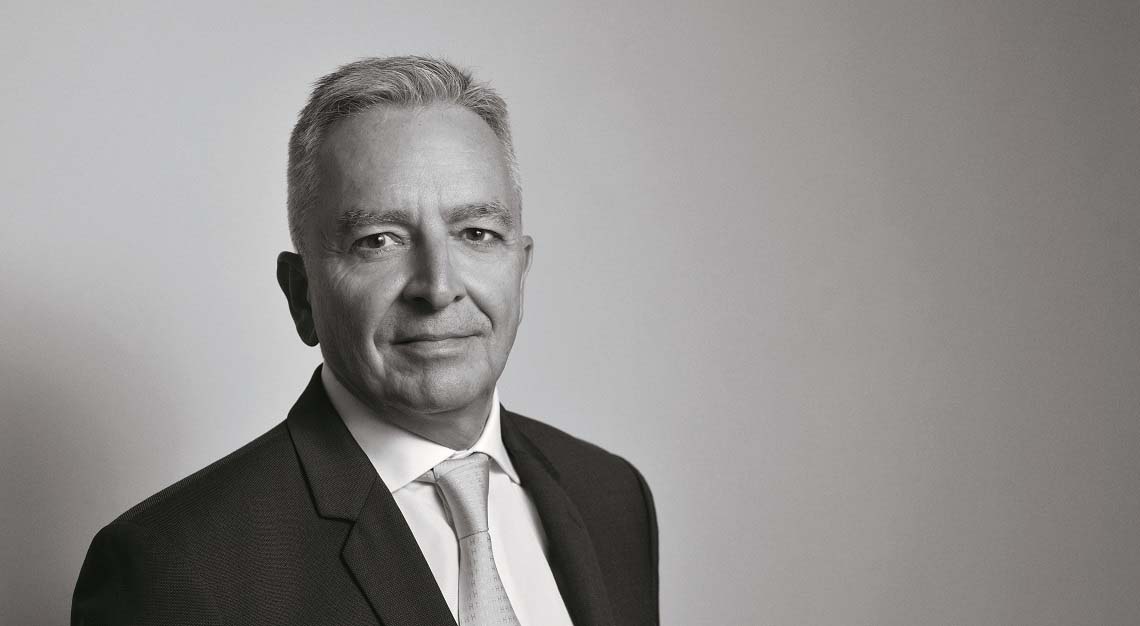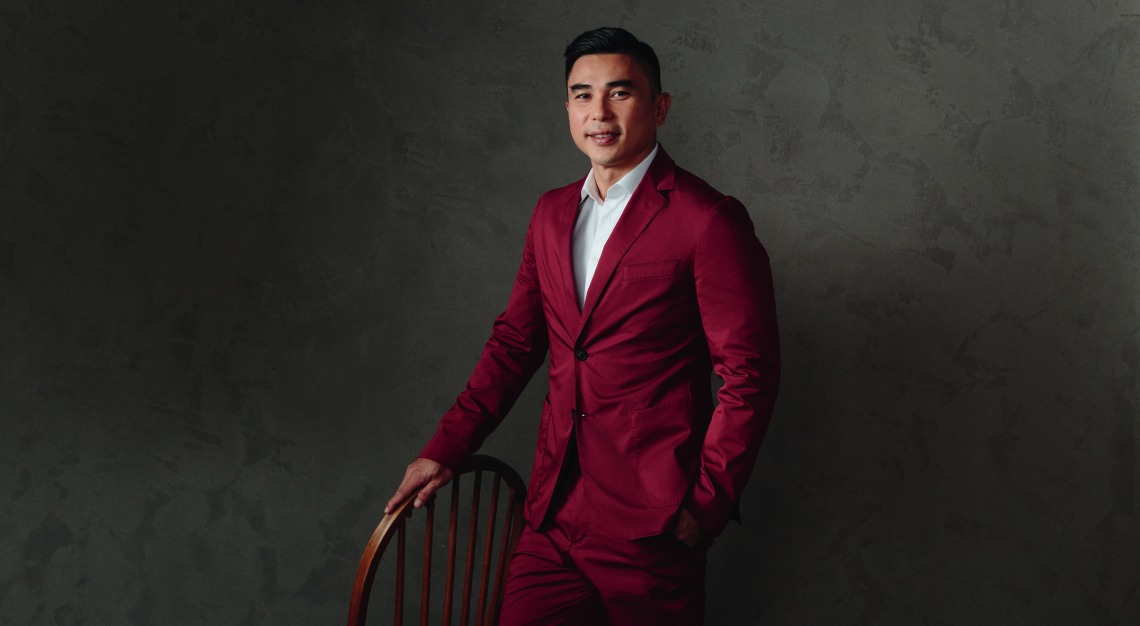Parag Khanna, CEO of Climate Alpha and member of the Robb Report Singapore Thought Leaders community, seeks to change the way we manage sovereignty
Parag Khanna is the founder and CEO of Climate Alpha – a software company that makes forecasts on property values under different climate scenarios. Previously a geopolitical analyst, then serving the US Special Operations Forces, and now founder of a technology startup for climate adaptation, Khanna’s career path is nothing short of dynamic.
How does your work align with your values?
If one’s values are cosmopolitan and utilitarian, you would want to see maximum welfare and benefit to the world population from change, policy and investment. These are my personal values. I believe in climate adaptation to a complex and unpredictable world for as many people as possible. I believe this is a principle, an ethical framework for the future.
In our work, we are making a contribution by looking at the actionable levers by which people can be relocated, by which stable, sustainable communities can be built, and by which geographies can be unlocked. Reality comes down to hard work, rather than just virtue-signalling. I ask: “What do you think needs to be done? Who’s going to do it? How are they going to do it? How are you going to get them to do it? What are you going to do to get it done?”
What aspects of your company are you most proud of?
We’ve built something original that delivers actionable insight for major investors in real estate – a very important market concerning where and how we live. These questions are fundamentally geographical. They’re questions about ‘where’ and many people take the answers for granted. They say: “It’s the remote world, people can live wherever they want.” The truth is, no, you can’t. The climate, infrastructure, real estate and government decide where you can and cannot live.
We’re entering a new world where the answers to the question of ‘where’ are no longer obvious. My book Move is based on literary and qualitative analysis. Now, we have built a company that quantitatively answers this question as well. I think that’s a novelty, something to be proud of.
If you could change one thing about the world, what would it be and why?
I would change the practice of sovereignty. Since I was a teenager, the most important lines on the map have been the borders. In my work, I’ve argued that the most important lines on the map are the connections. Borders divide, infrastructure connects – these are opposing forces. The most powerful system in our world is political sovereignty; the ultimate expression of sovereignty is preventing and directing the movement of people.
The arc of my work is about overcoming sovereignty. Whether as a backpacking geopolitical analyst or running a data science company that does climate adaptation, the person I was 20 years ago and now still wrestles with sovereignty – sovereignty when it comes to border conflicts and sovereignty when it comes to the movement of people. That’s what I’m seeking to change about the world: the way in which we execute and manage sovereignty.
Editor’s note: Get to know the full Thought Leaders community here.
Photography by Sayher Heffernan
Styling by Wei Lun Tok
Hair & Makeup by Benedict Choo
Credits: MAC Cosmetics; Cotton shirt and wool vest by Polo Ralph Lauren
